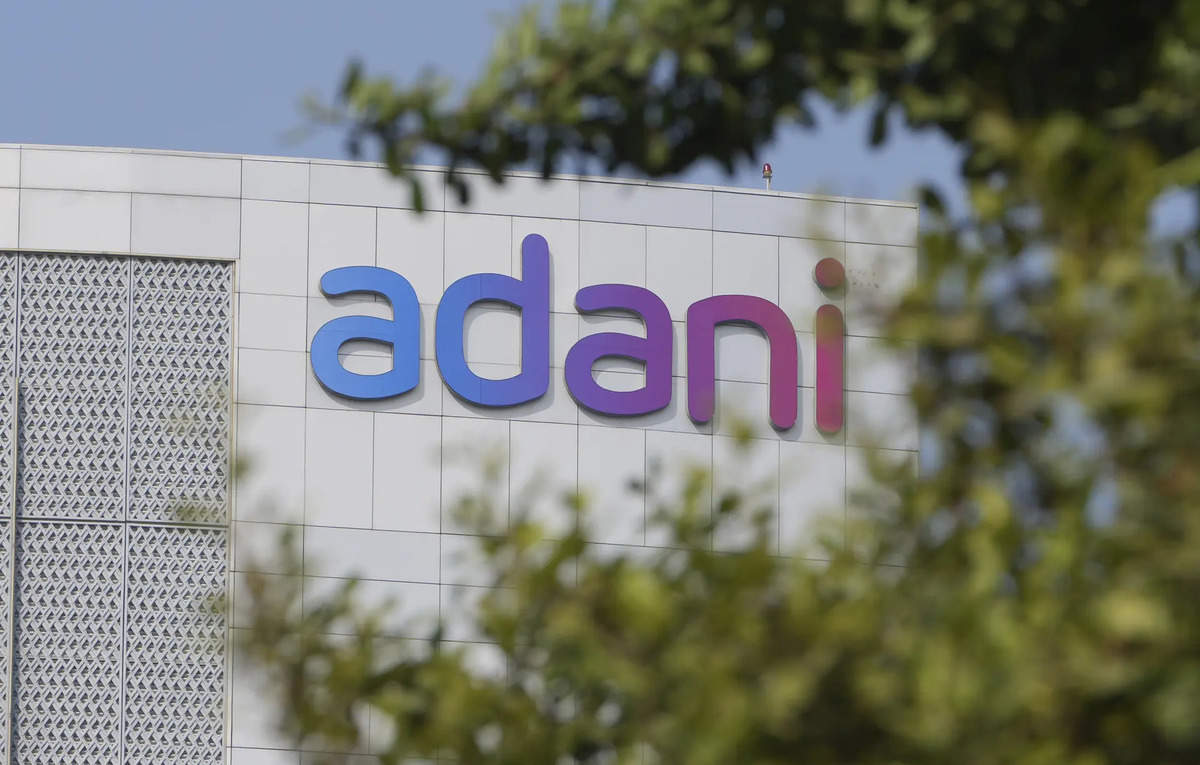ASFA Conference: Australia’s superfunds could power climate consensus

- by Admin
- November 25, 2024

Australian superannuation funds could help to drive political consensus around the energy transition, according to panellists at the annual Association of Superannuation Funds of Australia (ASFA) Conference.
It comes as Australian businesses prepare to make their first mandatory climate-related financial disclosures from the beginning of next year, a move the government hopes will provide greater transparency around climate risks and opportunities.
Although superannuation funds will have an additional 18 months to develop their reports, with their disclosure requirement starting on 1 July 2026, trustee directors will need that time to upskill rapidly, according to KPMG Australia climate change and sustainability services partner Geri McMahon.
“Until now, trustee directors, and any other board member for that matter, haven’t been required to have a lot of knowledge or understanding of this topic, but that’s one thing that’s going to change as part of the incoming climate disclosure regime.”
McMahon, who previously worked with UK institutional investors as they prepared for their country’s climate reporting regime (implemented in 2022), said this regime contributed to the “mainstreaming” of climate change issues into investments.
“We’re seeing an increased allocation of capital to climate solutions, alongside the understanding that that’s not about giving up [returns] to do good, but about benefiting from an opportunity.
“I’m hopeful that we’ll see a similar sort of shift play out here over the next few years.”
McMahon also said Australia’s incoming sustainable finance taxonomy, akin to the existing European Sustainable Finance Taxonomy, will be a useful tool to help investors identify opportunities in the energy transition.
“It’s going to help Australian investors to invest in the transition here by investing in Australian businesses, but also it’s going to help us to attract international investment, because it’s going to make it easier for those investors to understand what they’re investing in and have comfort that it is supporting the transition.”
Superfunds increased their investment in companies with fossil fuel expansion plans by about A$20 billion ($13 billion; €12 billion) in the two years to 31 December 2023, while decreasing their investment in clean energy companies by about A$500 million in the same period, according to a Market Forces report.
Future Group carbon advisory board independent chair Jeremy Cooper questioned whether superfunds are making credible attempts to realign their portfolios to emissions reductions pathways.
“In order to bring about a zero-carbon mindset we should be thinking very seriously about mandating an internal carbon price for all the superfunds,” he said.
However, at Cooper’s suggestion of a “food label” displaying a fund’s carbon emissions, McMahon said this approach may be “too simplistic”, as funds could support hard-to-abate sectors that have further to go in their decarbonisation journey.
“The goal should be not just to have a low-carbon portfolio, it’s to have a lowering-carbon portfolio,” she said.
IFM Investors chief executive David Neal said that while superfunds are investing in the energy transition, their current level of investment is insufficient.
He said the government needs to incentivise investment in the transition but is ill-equipped to sift through the “cacophony of ideas” that different investors present as policy suggestions.
For this reason, IFM Investors, a management firm owned by a collective of superannuation funds, brought together eight of the largest funds last year to produce an energy transition policy blueprint.
Recommendations in the blueprint included incentives for battery storage to enhance grid reliability, production incentives for sustainable aviation fuel, and the faster rollout of electric vehicle charging infrastructure.
“That’s the way of the future,” Neal said.
“We’ve got to see the industry collaborate and come together to create its ideas and then put a smaller number of ideas that are as good as possible in front of the people who have to make these decisions to change the rules of the road.”
The final round of public consultation on Australia’s sustainable finance taxonomy closes on 1 December 2024.
The Latest News
-
December 4, 2024I broke a 44-year record at the Australian Open in 2021 but am now ranked outside the world’s top 200
-
December 4, 2024LPGA, USGA announce gender policies that bar some transgender athletes from competition – Australian Golf Digest
-
December 4, 2024Why booking a Bandon Dunes trip might’ve just gotten easier – Australian Golf Digest
-
December 4, 2024Why Augusta golf cart manufacturers are furious at China’s government – Australian Golf Digest
-
December 4, 2024Grant departs Bulldogs | Maribyrnong & Hobsons Bay


.jpg)

